Espresso beans are concentrated coffee beans with each bean having 6mg to 13 mg of caffeine. Consume them in moderate quantity to avoid side effects.
Espresso beans are actually a variation of coffee beans. Coffee beans, simply put, are the bean shaped seeds of the coffee fruit. These are first dried, then roasted and finally brewed for making literally tens of varieties of coffee around the globe. These seeds, in addition to being used for making coffee, have some medicinal value. This is why, making coffee is not the only purpose they are used for. Rather, coffee beans are actually directly consumed in various forms in different parts of the world. This is because, not only do they make a delicious snack, but are also loaded with numerous health benefits.
Where coffee beans refer to literally all sorts of coffee seeds, espresso beans are specifically that variety of coffee beans which is usually roasted for comparatively longer time and is also ground into finer beans making them smoother in texture because their brewing and grinding process makes them ideal for extracting maximum oils. Besides, the espresso beans have an even richer taste and the difference in their brewing process makes them retain more caffeine, so the espresso beans are a bit more concentrated, high quality coffee bean.
Can You Eat espresso coffee Beans?

You might be actually amused by the fact that even before the origin of coffee in its most primitive form, the coffee beans were actually eaten in various forms due to various reasons. These were sometimes also taken with animal fats. People knew coffee beans as a source of enhancing their energy.
Even today, these seeds are munched upon in many forms besides brewing them to make coffee. So, yes you can enjoy coffee beans including espresso beans as a snack whether you like them roasted and plain, or coated with a chocolate of your choice. However, as is the case with everything else, access of espresso beans is bad especially when eaten directly and knowing the fact that they are higher in caffeine compared to other varieties.
Why Do People Eat Espresso Beans?

The espresso beans, being a tremendous source of caffeine, behold many health benefits. Besides, espresso beans as compared to coffee, which is made by diluting and straining the coffee beans, have more of the caffeine contents. This means more benefits associated with caffeine, vitamin B2 and other nutrients found in coffee beans. For example,
- caffeine has proven efficacy against the risk of type 2 diabetes.
- Moreover, it can significantly reduce the risk of liver disease.
- Caffeine taken in certain quantities on daily basis can greatly reduce the probability of cardiovascular issues.
- According to Harvard School of Public Health, caffeine taken in controlled amounts can help you feel more alert, focused, and energetic. However, too much of it can leave you feeling jittery.
- Besides caffeine, vitamin B2 present in espresso beans is particularly helpful in fighting the onset of cancers, and migraines.
However, health benefits are not the only reason why people eat espresso beans, these beans make some scrumptious snacks as well. Just like coffee these are also taken for their rich taste. Especially when these beans are coated in various other ingredients, their taste is even enhanced. Hence, when the taste combines health, the espresso beans become an irresistible snack.
How Do People Like Eating their Espresso Beans?

there are several ways in which espresso beans can be consumed. However, eating the raw green coffee beans is not one of the best ideas. Although they are certainly edible and have higher concentration of caffeine, but are very chewy and a lot bitter in taste. So, the chances are that you will not enjoy eating green coffee beans. They are rather ground and then roasted to make different varieties including espresso beans. After that, it all depends upon your taste preferences and how you like them. Some of the popular ways in which roasted espresso beans are taken are as follows;
- Chocolate coated roasted espresso beans are one of the most favorite snacks of coffee lovers. These are easily available in the market and you can get lots of varieties when it comes to types of chocolates used for coating. Beans can even be coated in caramel or other sweeteners of your choice. This combines the rich flavor of coffee with the coated sweeteners to produce a tempting blend of sweet and bitter taste.
- Finely ground espresso beans can be added to other foods as well. For example, you can sprinkle them upon your favorite smoothie and give it a tinge of coffee flavor to add to its richness while reaping the benefits of caffeine and vitamin B2.
- Espresso beans can also be used with desserts where they serve a dual purpose of garnishing and making the dessert more flavorful.
So, espresso beans actually make a crunchy snack just right for the taste buds of those who enjoy coffee as a beverage.
How much Caffeine is there in One Espresso Bean?

Although, different varieties of espresso beans available in market have different caffeine content, you can safely say that it can be anywhere between 6 mg to 13 mg per bean. it’s a bit towards higher side when the beans are coated with chocolate. So you can say that every 100 grams of chocolate coated espresso beans can have approximately 800 mg of caffeine.
If you are fond of espresso beans coated in white chocolate, the white chocolate itself is almost caffeine free as compared to dark chocolate which itself is high in caffeine. So, the beans when coated with dark chocolate will make a snack having high concentration of caffeine.
How Many Espresso Beans Can You Eat Per Day?
The daily recommended dose of coffee by FDA is 400 mg. Simply put, it is 4 to 5 cups of coffee. If your espresso beans are your sole source of caffeine, then you can safely consume 40 grams to 50gms of these beans a day without the risk of side effects associated with too much caffeine consumption.
Who should Avoid Eating Espresso Beans?
Although, under normal circumstances, staying within the recommended amount of daily caffeine intake while eating espresso beans can not only help you avoid potential side effects, but can actually prove to be healthful as these beans are rich source of antioxidants. Besides, it can help you stay alert, focused, and energized.
However, there are some circumstances, under which it is advisable to either limit your caffeine intake or totally avoid it;
- If you are allergic to caffeine, consult your health care practitioner before you decide to munch on espresso beans as they are high in caffeine.
- If you are pregnant, or trying to conceive, it would be better to avoid or limit your intake of espresso beans.
- People with digestive problems should also be wary about their caffeine intake, as it can lead to further worsening of digestive issues.
Final Verdict
Espresso beans are not only a rich source of caffeine, but also a very tasteful one. This is especially true when you look at the variety of coated espresso beans in the market. However, espresso beans, especially the ones coated with dark chocolate can be a bit higher in caffeine. Where they offer innumerable benefits associated with caffeine and vitamin B2, excessive consumption of espresso beans can lead to side effects.
To stay on the safer side, if you are taking espresso beans as your only source of caffeine in a day, a recommended intake would be between 40 grams to 50 grams. These can help you stay energized throughout the day and be more focused without feeling edgy. However, it’s better to avoid or reduce the consumption of espresso beans during pregnancy or if you have diction issues. Besides, those who are highly sensitive to caffeine should also avoid taking espresso beans as these are highly concentrated in caffeine.
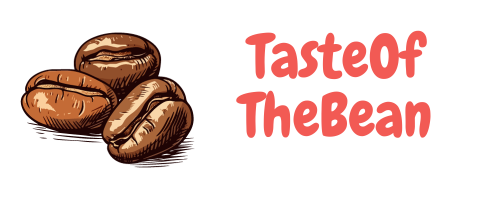
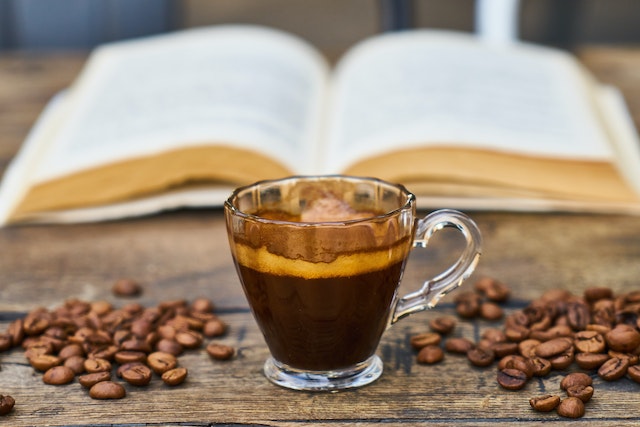
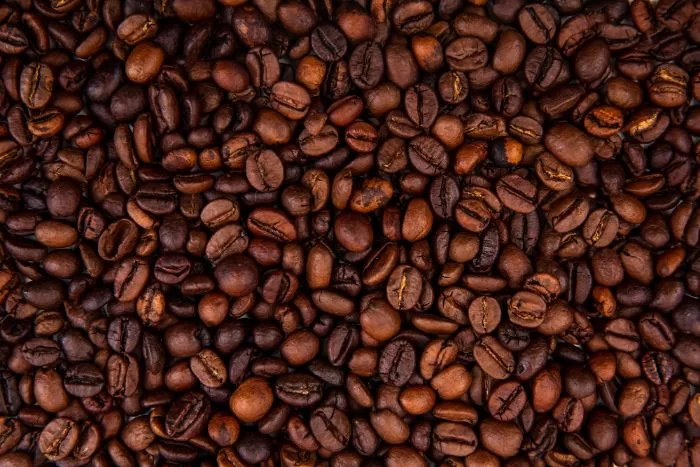
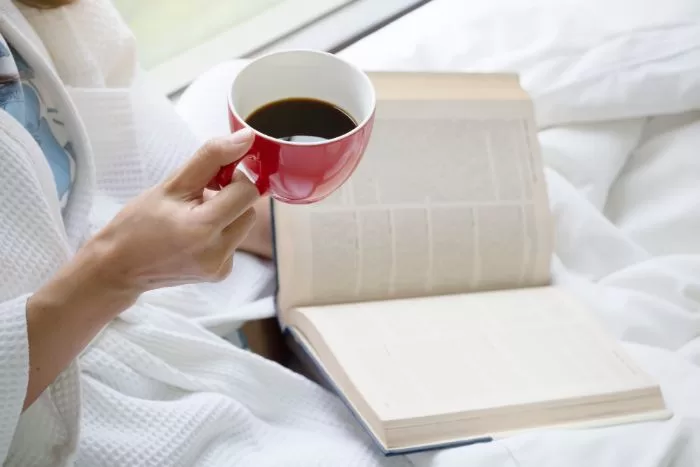
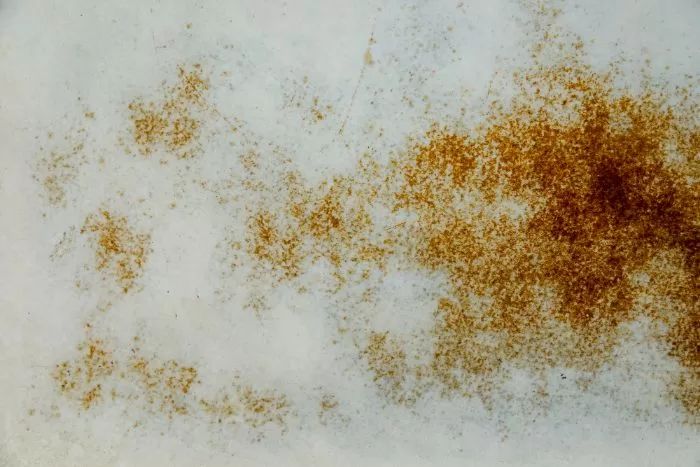
Leave a Reply